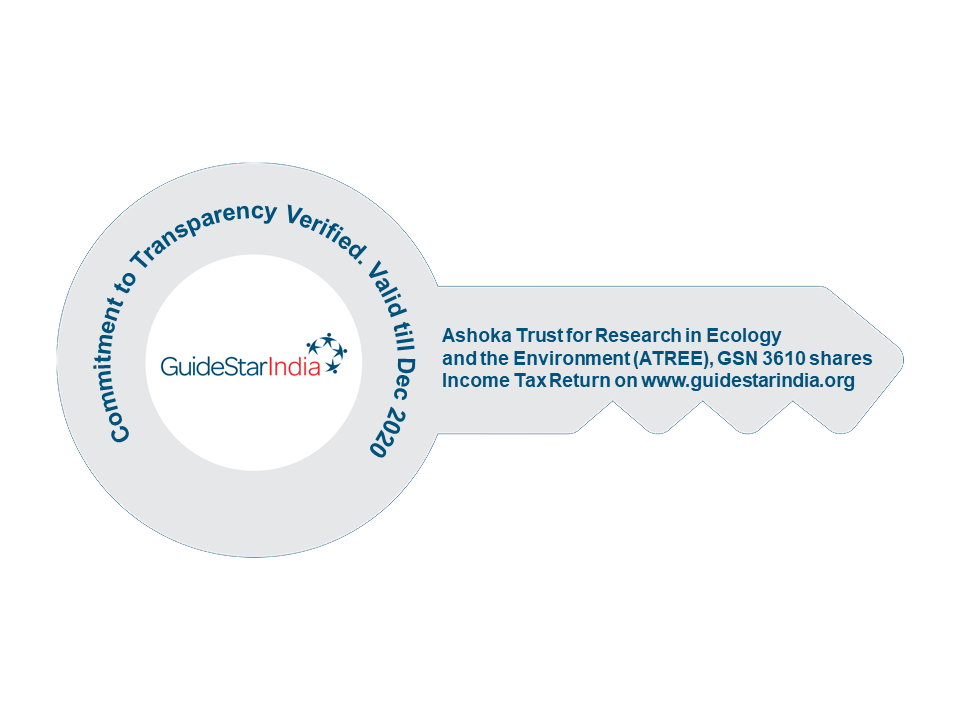PLUME
ATREE’s Pollinator-Linked Urban Multifunctional Ecosystems (PLUME) initiative aims to create multifunctional gardens in cities. These garden spaces grow edibles while supporting pollinators and other forms of urban biodiversity. By choosing the right kind of plants and avoiding harmful chemicals, gardens can attract bees, birds, butterflies, and other urban wildlife, creating healthy and vibrant ecosystems in the urban landscape. PLUME can offer a plethora of benefits, including fresh, homegrown food while enhancing physical and mental health of those who use the space. Gardening fosters a sense of community and a connection to nature, benefiting both children and adults. Additionally, green spaces improve air quality and reduce the urban heat island effect, providing joy and tranquility. A network of multiple biodiversity-supportive gardens help create interconnected spaces in the city, facilitating movement of bees, butterflies, birds, and other fauna, making cities more liveable and resilient.
Pollinators, especially bees, are crucial in supporting food production. A healthy and diverse population of pollinators can ensure year-round pollination leading to good quality and quantity of fruits and vegetables. Bees come in different shapes, sizes, and colors with equally diverse life-history traits and behaviour. Honeybees are one kind of bees that build hives and make honey. However, most bees do not fall in this category. These bees do produce honey but are excellent pollinators of most of our edible plants.
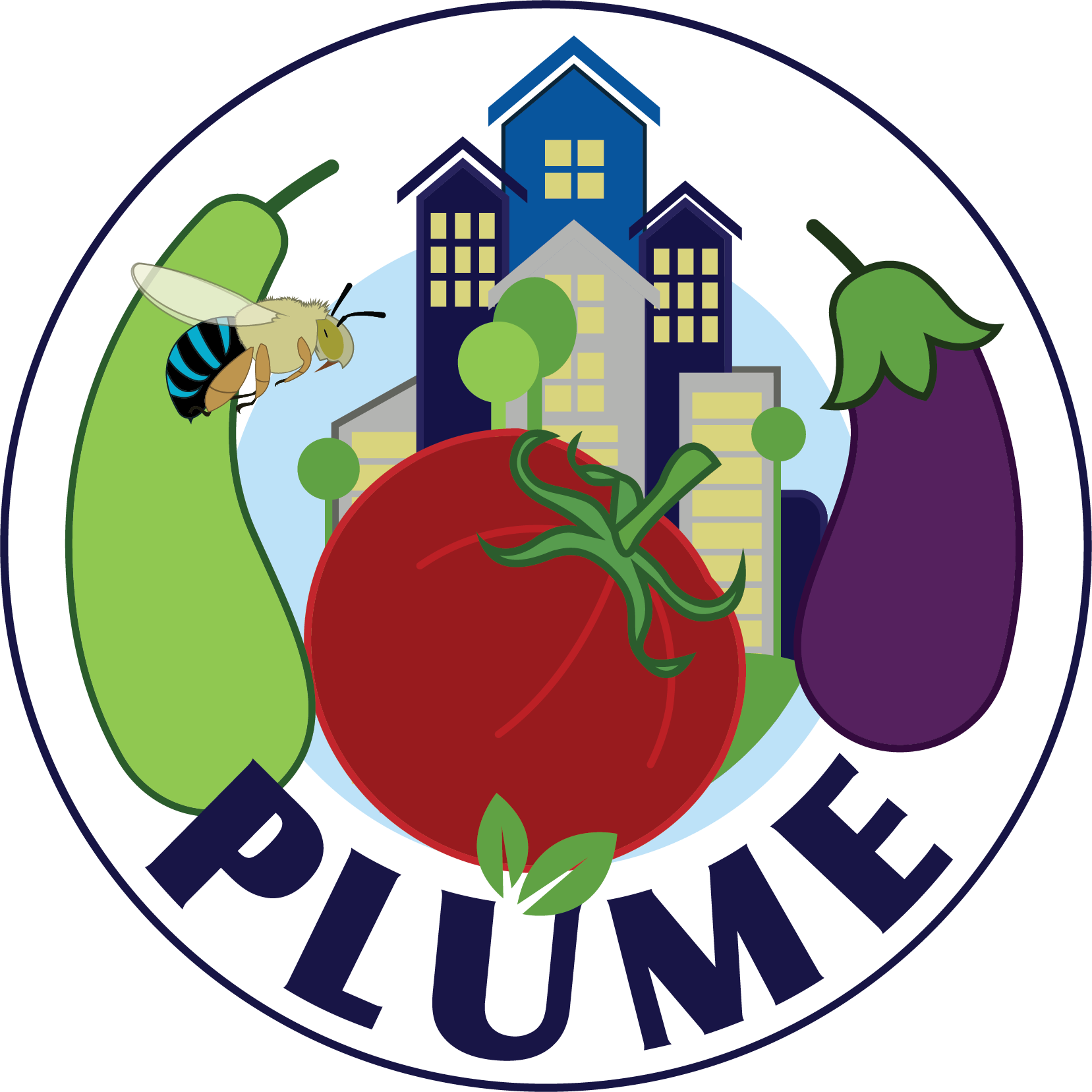
Building a PLUME
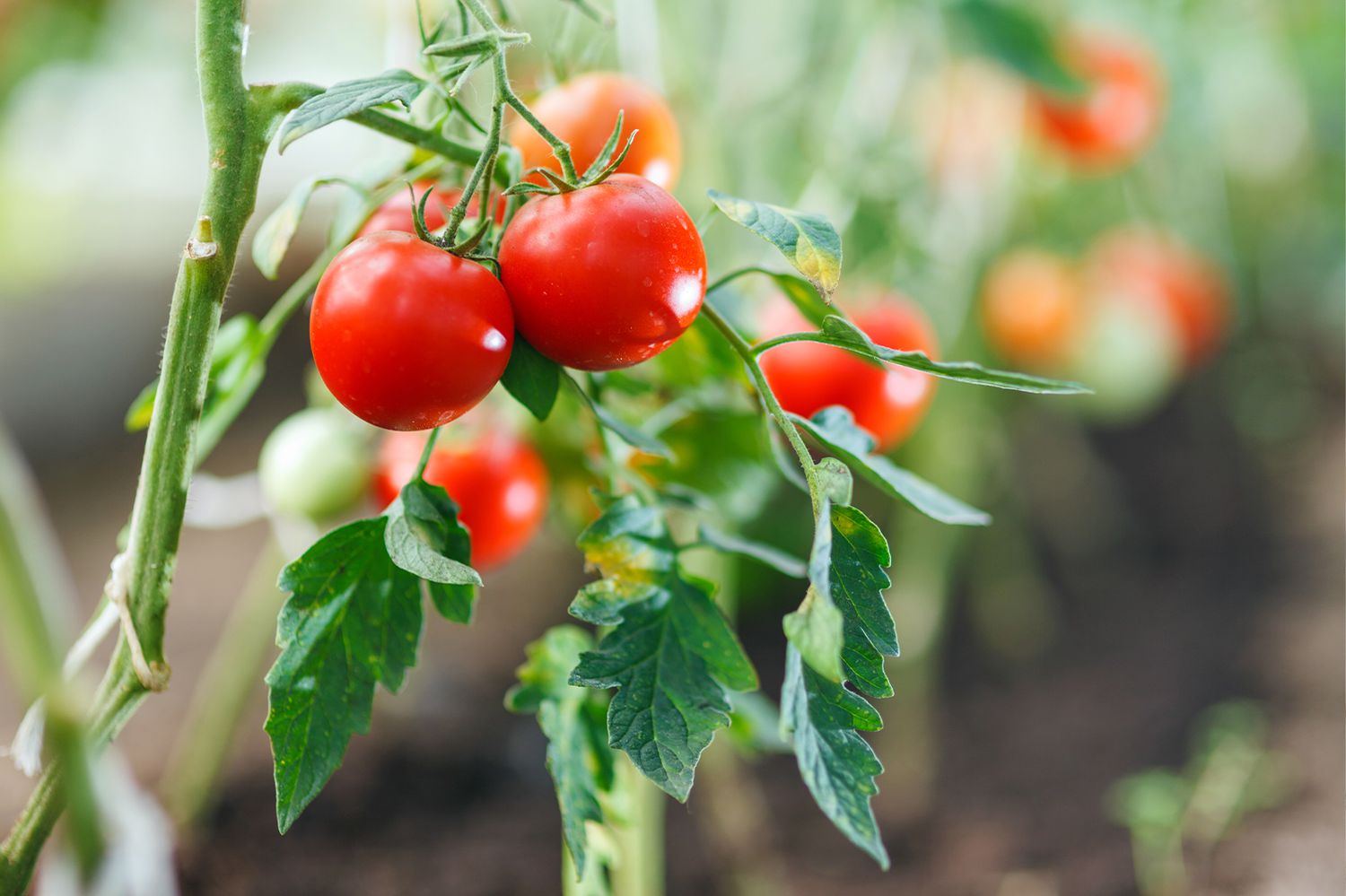
Pollinator Host Plants
Tomato, green chili, brinjal, cucumber, beans pumpkin, and almost all fruits that are part of our diet make excellent host plants for pollinators. These plants depend on bees, flies, butterflies, and beetles to pollinate them and in return, they offer nectar and pollen as a reward. When pollinators visit flowers to collect food (nectar and pollen), they also transfer pollen grains from one plant to another, facilitating cross-pollination. Studies show that pollinators are necessary for good crop yield. Several ornamental plants are also host plants for bees and other pollinators.
Click here to know more.
Bee Hotels for Cavity-nesting Bees
Bee hotels provide essential nesting habitats for cavity-nesting bees, important but often overlooked pollinators. These solitary bees don’t make honey or sting aggressively. In urban areas where natural nesting sites are rare, bee hotels help conserve and enhance pollinator populations. You can set up bee hotels in home gardens and other spaces to support the pollination of vegetables, fruits, and other plants.
We developed an Android app ‘Bee Hotel’ which helps record observations such as date, time, and bee activity, with photo documentation. A simple guide within the app helps identify common urban bees. Click here to know more
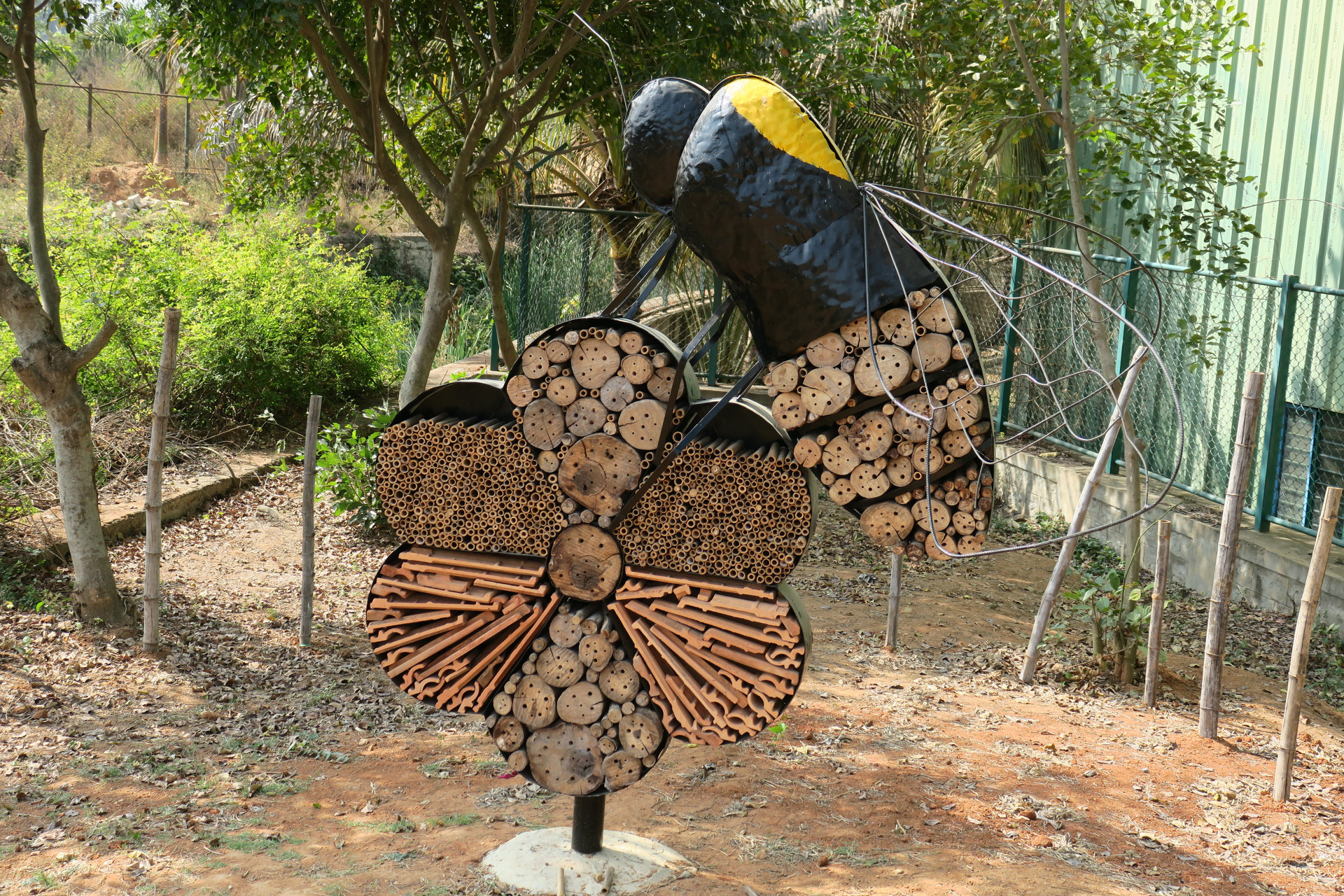
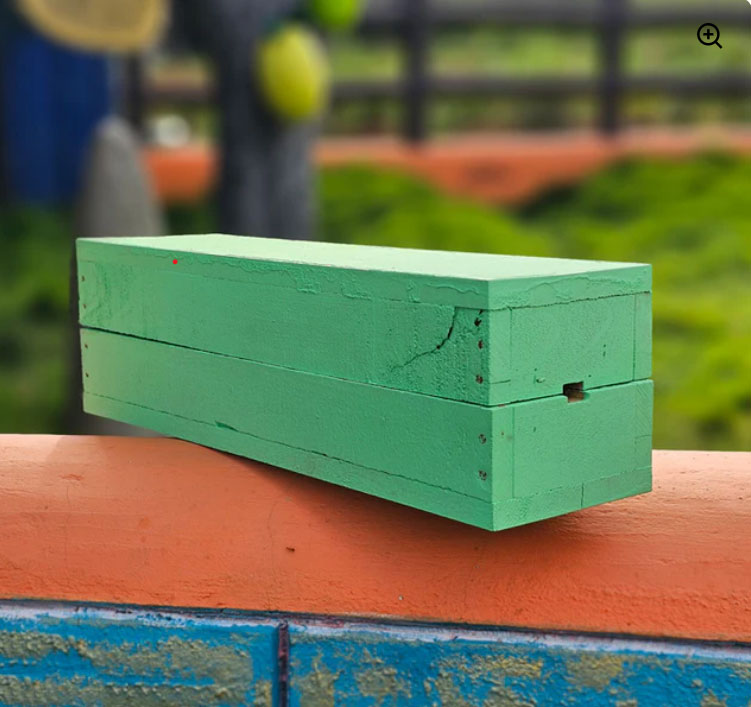
Bee Boxes for Stingless Bees
As their name suggests, stingless bees do not sting. They are smaller than honey bees and can access tiny flowers. Their unique honey is used in Ayurvedic medicine. They naturally build colonies in places such as stone and mud walls, wooden logs, and GI pipes. Their space requirement is small and colonies can be accommodated in a balcony, terrace, or garden.Stingless bees are easy to maintain and can be easily handled by women, children, and aged persons. Keeping stingless bees is called ‘meliponiculture’.
Click here to know more
Beneficial Insects for Healthy Gardens
Insects play a vital role in terrace gardening by helping plants grow and stay healthy. Bees and butterflies pollinate flowers, while helpful insects like ladybugs and lacewings naturally control pests by feeding on harmful bugs. Some insects also break down organic matter, improving soil health and fertility. Instead of using chemical pesticides, which can harm the environment, gardeners can encourage natural predators to keep pests in check. Understanding the relationship between pests, predators, and plants helps maintain a balanced, thriving garden in a safe and sustainable way. Click here to know more.
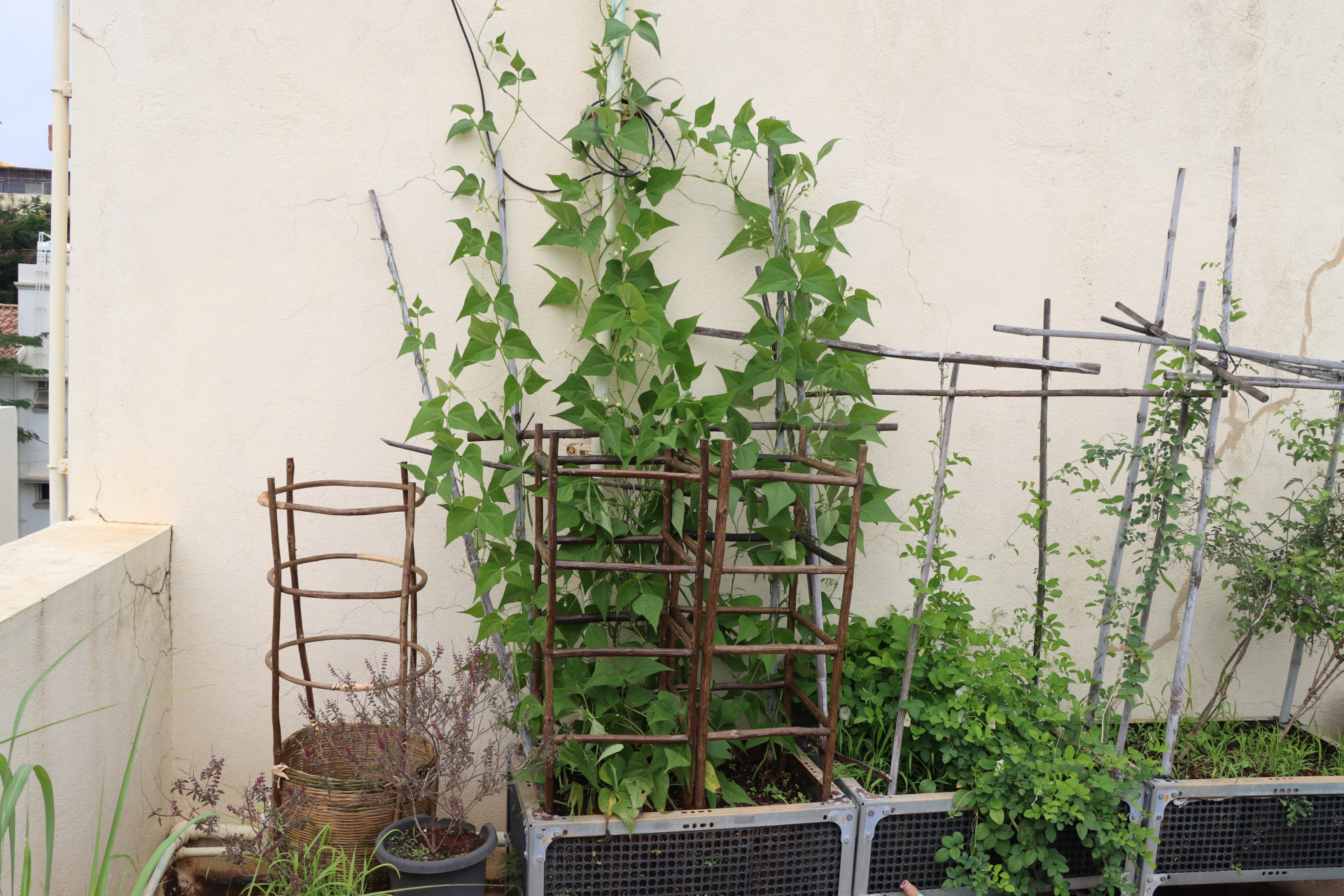
Pollinator Host Plants

Tomato, green chili, brinjal, cucumber, beans pumpkin, and almost all fruits that are part of our diet make excellent host plants for pollinators. These plants depend on bees, flies, butterflies, and beetles to pollinate them and in return, they offer nectar and pollen as a reward. When pollinators visit flowers to collect food (nectar and pollen), they also transfer pollen grains from one plant to another, facilitating cross-pollination. Studies show that pollinators are necessary for good crop yield. Several ornamental plants are also host plants for bees and other pollinators.
Click here to know more
Bee Hotels for Cavity-nesting Bees

Bee hotels provide essential nesting habitats for cavity-nesting bees, important but often overlooked pollinators. These solitary bees don’t make honey or sting aggressively. In urban areas where natural nesting sites are rare, bee hotels help conserve and enhance pollinator populations. You can set up bee hotels in home gardens and other spaces to support the pollination of vegetables, fruits, and other plants.
We developed an Android app ‘Bee Hotel’ which helps record observations such as date, time, and bee activity, with photo documentation. A simple guide within the app helps identify common urban bees.
Click here to know more
Bee Boxes for Stingless Bees

As their name suggests, stingless bees do not sting. They are smaller than honey bees and can access tiny flowers. Their unique honey is used in Ayurvedic medicine. They naturally build colonies in places such as stone and mud walls, wooden logs, and GI pipes. Their space requirement is small and colonies can be accommodated in a balcony, terrace, or garden.Stingless bees are easy to maintain and can be easily handled by women, children, and aged persons. Keeping stingless bees is called ‘meliponiculture’.
Click here to know more
Beneficial Insects for Healthy Gardens

Insects play a vital role in terrace gardening by helping plants grow and stay healthy. Bees and butterflies pollinate flowers, while helpful insects like ladybugs and lacewings naturally control pests by feeding on harmful bugs. Some insects also break down organic matter, improving soil health and fertility. Instead of using chemical pesticides, which can harm the environment, gardeners can encourage natural predators to keep pests in check. Understanding the relationship between pests, predators, and plants helps maintain a balanced, thriving garden in a safe and sustainable way. Click here to know more.
Why Set up a PLUME
Elevate your gardens to PLUME to draw multiple benefits and contribute to urban ecosystem health. Some of the benefits include:
- Growing nutritious vegetables of your choice from a selected list of local varieties
- Learning about pollinator-friendly gardening and sustainable practices
- Receiving a bio-input kit to promote organic gardening practices.
- Managing pests through bioremediation
- Support urban pollinators and other biodiversity which are crucial for local ecosystem health
Management and Maintenance
Plant pollinator-friendly plants
Choose and plant flowers and shrubs that attract bees, butterflies, and other pollinators. Avoid invasive species that could outcompete or harm native plants.
Utilize provided cocopeat, bio-fertilizers, and bio pest repellents to promote healthy and sustainable gardening. Avoid using chemical pesticides that can harm pollinators and other beneficial insects.
Video
Explore our latest video on PLUME, an initiative aimed at promoting sustainable urban agriculture in Bengaluru through nature-based solutions. Learn how urban gardens can support vital pollinators and enhance biodiversity while fostering a deeper connection to our food. Join us in transforming urban spaces into thriving ecosystems for a sustainable future!
Team
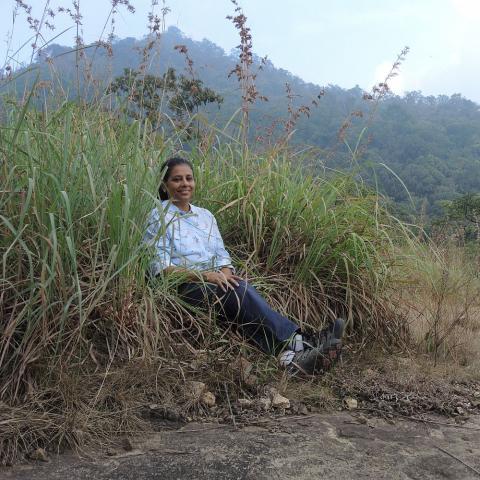
M. Soubadra Devy
Sr. Fellow, ATREE
Lead, Resilient Urbanscape Programme

Chethana V. Casiker
Sr. Research Associate
Resilient Urbanscape Programme, ATREE

Prem Jose Vazhacharickal
Stingless Bee Expert
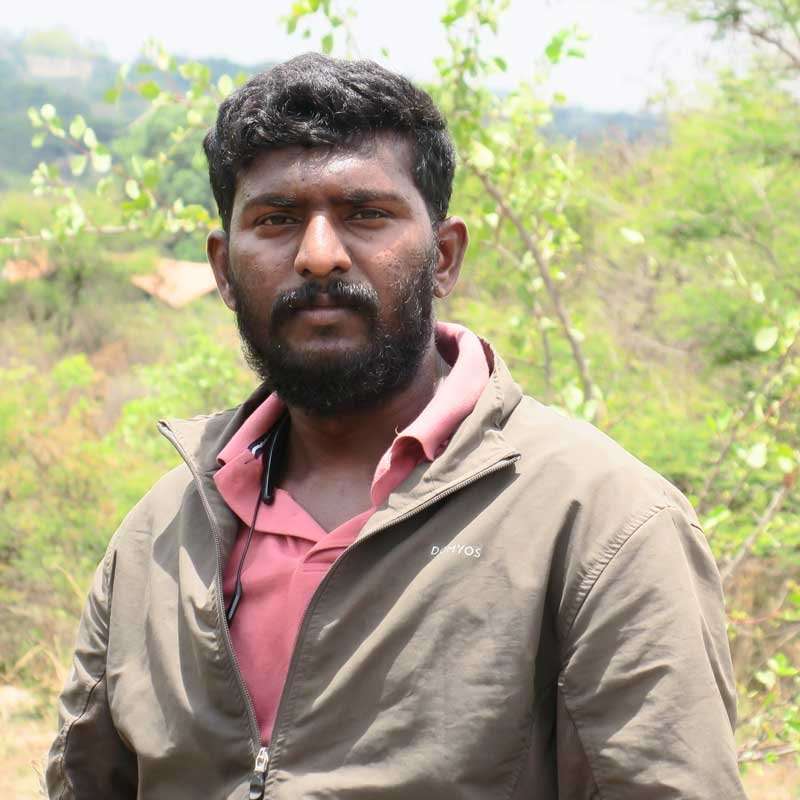
Sunil G. M.
Research Associate
Resilient Urbanscape Programme, ATREE

Nivedita Arumugasamy
Expert Advisor – Edible Gardening
Resilient Urbanscape Programme, ATREE

Pavan Naik
Expert Consultant – Horticulture and Landscaping
Resilient Urbanscape Programme, ATREE

Sahanashree R
Consultant – Entomology
We are grateful for funding from The Agence Française de Développement (AFD).

Acknowledgement
- Agence Française de Développement
- Tamizhazhagan S. Agasthyamalai Community Conservation Centre, Manimutharu
- Maria Antony P, Agasthyamalai Community Conservation Centre, Manimutharu
- Lantana artisans from Lantana Crafts Centre, MM Hills
- Mahalakshmi V., Landscape Architect, Bangalore
- Anand Jainshetti, Dept. of Life Sciences, Bangalore University
- Hrithik Rakop, Dept. of Life Sciences, Bangalore University


